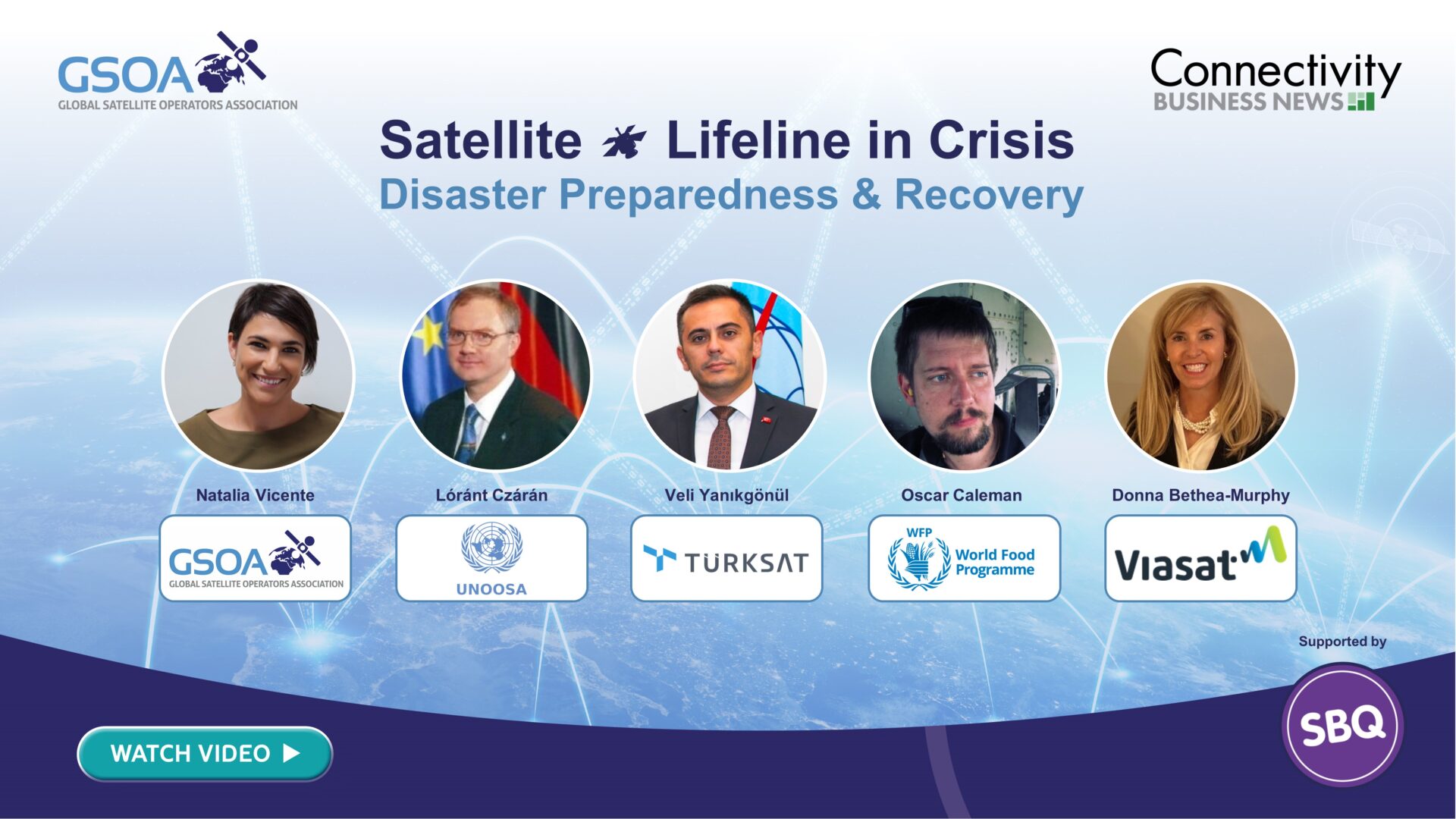Satellite 🛰 Lifeline in Crisis: Disaster Preparedness & Recovery

The panel brought together experts from various sectors to discuss the indispensable role of satellite networks in disaster resilience and how to better prepare for and respond to disasters. They emphasised the necessity of collaboration among stakeholders and the critical importance of comprehensive disaster preparedness and contingency planning.
Governments, private companies, and non-governmental organisations must work together to create robust contingency plans. This collaboration ensures that when a disaster strikes, there is a clear, well-coordinated response that maximises the effectiveness of relief efforts. The consensus was, however, that effective disaster response relies not just on immediate actions but also on long-term investments in connectivity and infrastructure.
Looking ahead, the panel emphasised the need for continued efforts in training and capacity building, ensuring favourable regulatory and policy frameworks, and raising awareness, especially in disaster-prone regions. Ensuring favourable regulatory and policy frameworks to encourage investment in connectivity was also identified as a key priority. The ultimate goal is to reach a state of preparedness so robust, that the need for emergency response is minimised.
Satellite networks are more than just a technological solution; they represent our collective commitment to building a safer, more resilient world. As we navigate an increasingly unpredictable future, these networks will continue to play a crucial role in safeguarding our communities and ensuring that we are always prepared to face whatever challenges come our way.
